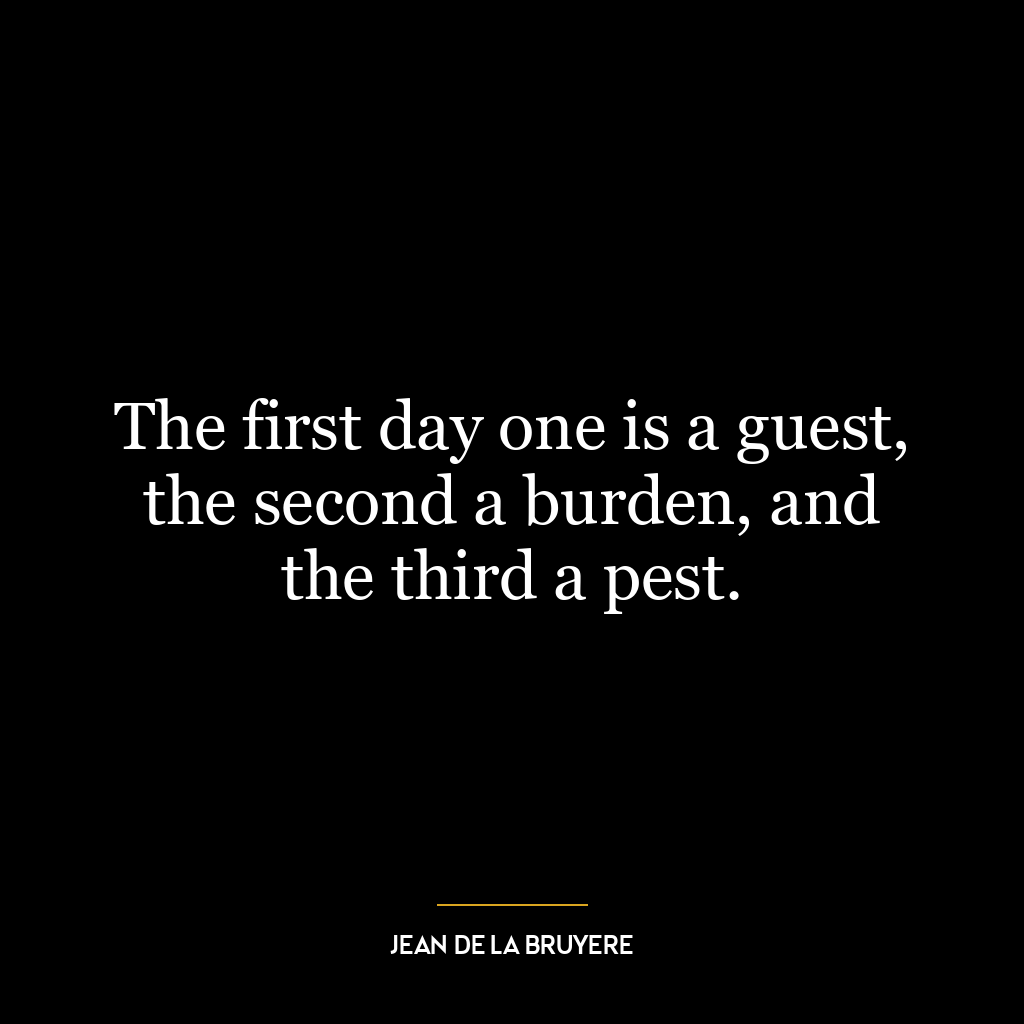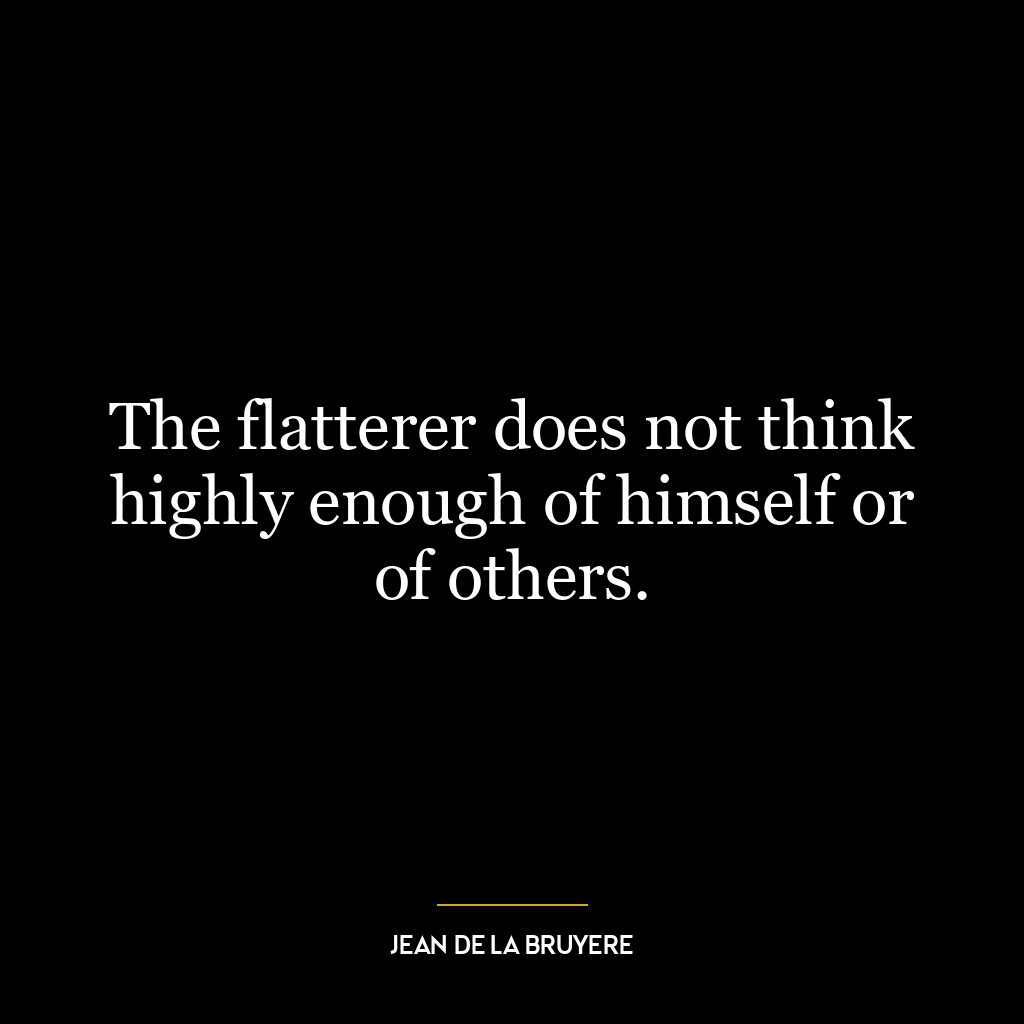This quote plays with the concept of marriage, specifically the practice of monogamy (having only one spouse) and bigamy (illegally marrying someone while already being married to another person). Wilde humorously suggests that both are burdensome, implying that having even one wife is one too many. This is not necessarily a critique of women or marriage, but rather a commentary on the complexity and challenges of marital relationships.
The quote can be interpreted as a critique of societal norms and expectations around marriage. It can be seen as a call for freedom and individuality, challenging the idea that everyone must conform to the same model of relationships. Wilde, known for his wit and critique of societal norms, could be suggesting that the institution of marriage – whether with one spouse or more – can be restrictive and burdensome.
In today’s context, Wilde’s quote could be related to the increasing acceptance and recognition of diverse relationship models beyond traditional monogamy, such as polyamory or open relationships. It also resonates with the modern questioning of marriage as a necessity, and the rise of singlehood or cohabitation without marriage.
In terms of personal development, this quote could be seen as a reminder to question societal expectations and norms, and to make life choices – including about relationships – based on individual needs, desires, and circumstances rather than simply following prescribed paths. It encourages us to reflect on what we truly want from our relationships and to have the courage to pursue that, even if it deviates from societal norms. It also reminds us that all relationships, regardless of their form, come with their own challenges and complexities.








